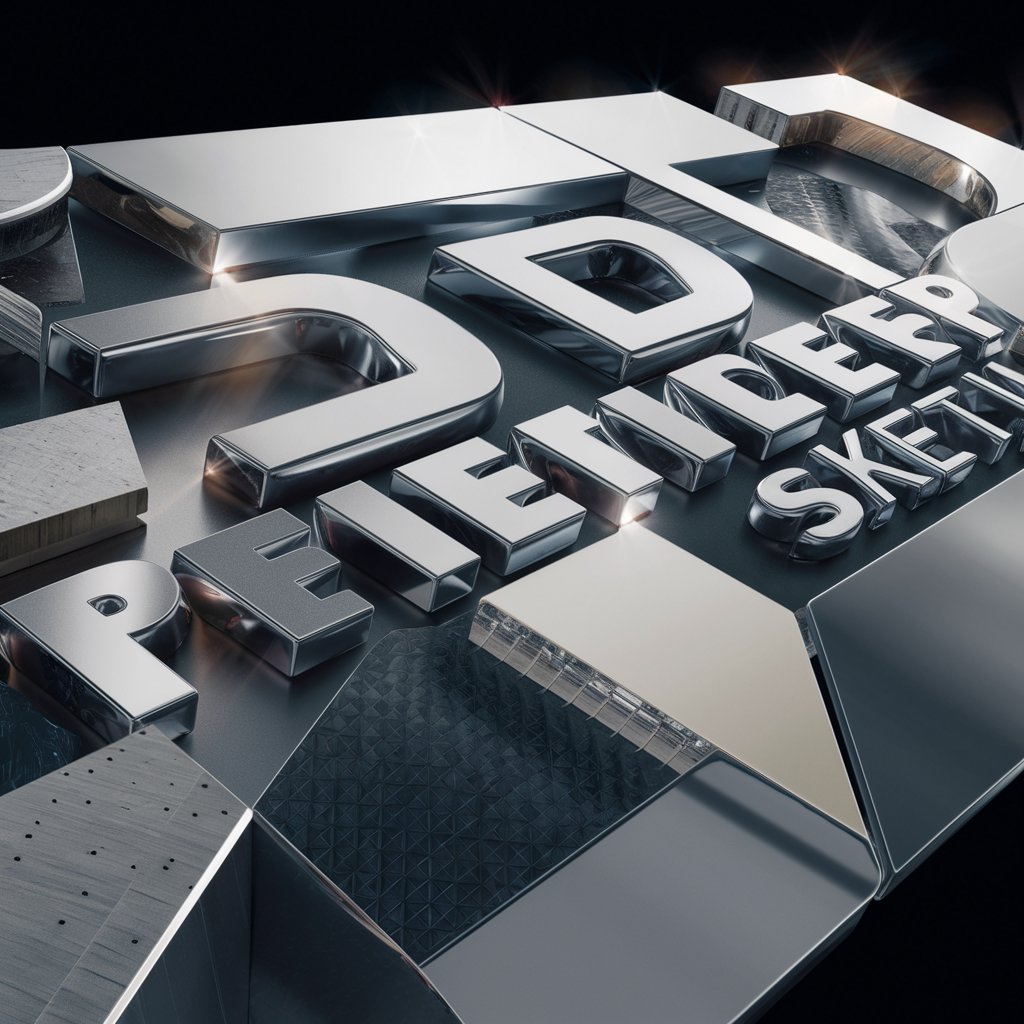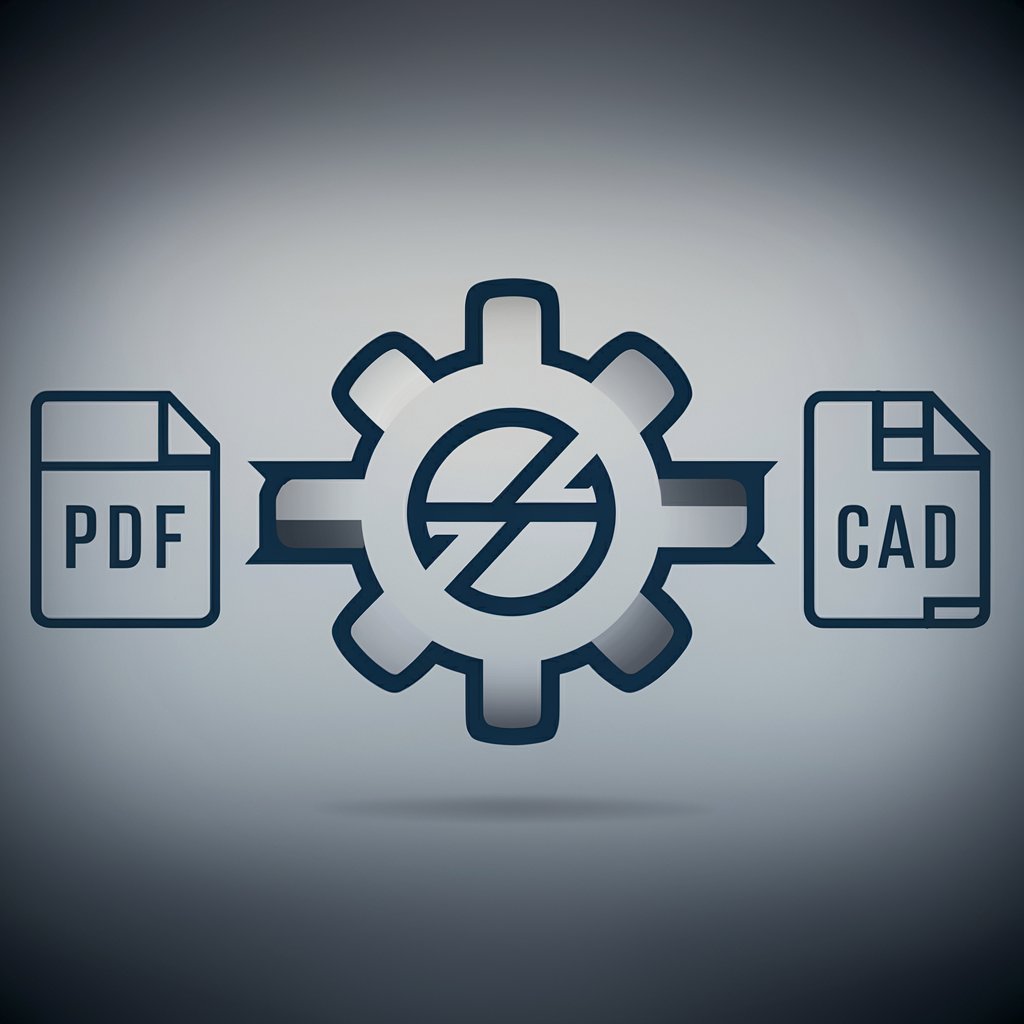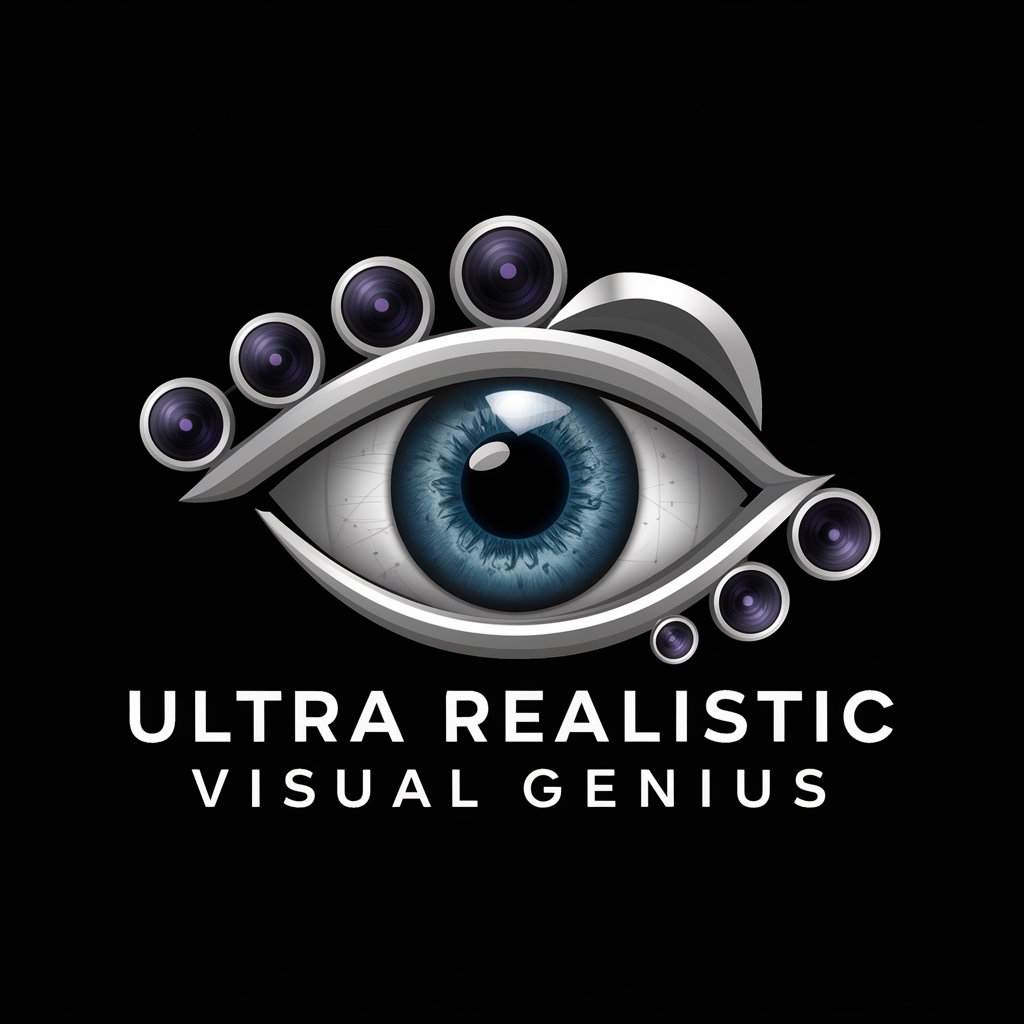10 GPTs for Architectural Rendering Powered by AI for Free of 2026
AI GPTs for Architectural Rendering are advanced generative pre-trained transformers designed to offer tailored solutions in the field of architecture. These tools leverage the power of AI to interpret, design, and visualize architectural projects, enabling professionals and enthusiasts to bring their ideas to life with greater efficiency and precision. By understanding and generating language-based commands, these GPTs facilitate the creation of detailed architectural models, renderings, and simulations, making them invaluable in planning, designing, and presenting architectural projects.
Top 10 GPTs for Architectural Rendering are: 3D Render,Realistic Image Generator,PDF to CAD a DXF Converter,The Ultra Realistic Visual Genius,Cutaway Creator,Futuristic Image Transformer,OptiX PathTracer Pro,Render imagery,Landmark Blender,Promptify3D
3D Render
Bring Designs to Life with AI-Powered Rendering

Realistic Image Generator
Bringing visions to life with AI-powered realism

PDF to CAD a DXF Converter
Transform PDFs to CAD effortlessly with AI

The Ultra Realistic Visual Genius
Transforming Reality with AI-Powered Precision

Cutaway Creator
Visualize Complexity with AI-Powered Precision

Futuristic Image Transformer
Reimagining Tomorrow with AI-Powered Vision

OptiX PathTracer Pro
AI-powered realistic rendering

Render imagery
Bringing Imaginations to Reality with AI

Landmark Blender
Blending landmarks, powered by AI.

Promptify3D
Transforming words into 3D creations.

Key Capabilities of Architectural Rendering GPTs
AI GPTs for Architectural Rendering are distinguished by their versatility, ranging from basic design conceptualization to complex simulation tasks. Key features include natural language understanding for intuitive design commands, high-quality image generation for realistic renderings, and customizable data analysis for project optimization. These tools are designed to adapt to various architectural tasks, providing support for technical documentation, web searches for design inspiration, and even integrating with traditional architectural software to enhance project workflows.
Who Benefits from Architectural GPTs?
The primary users of AI GPTs in Architectural Rendering span from architecture students and hobbyists to professional architects and developers. These tools are crafted to be user-friendly for those with minimal technical skills, while also offering advanced features for experts. This dual accessibility ensures that anyone interested in architectural design, regardless of their coding ability, can leverage these AI tools to enhance their projects and workflows.
Try Our other AI GPTs tools for Free
Mechanical Engineering
Discover how AI GPTs revolutionize Mechanical Engineering with tailored solutions, enhancing design, analysis, and innovation in this dynamic field.
Safe Travel
Discover how AI GPTs for Safe Travel are transforming travel experiences with real-time safety updates, personalized advice, and seamless integration.
Civics Education
Explore AI GPTs for Civics Education: innovative tools designed to enhance understanding and engagement with civic topics through tailored, interactive learning experiences.
Feedback Enhancement
Discover how AI GPTs for Feedback Enhancement revolutionize the way feedback is analyzed and optimized, providing tailored, actionable insights for personal and professional growth.
Travel Etiquette
Discover how AI GPTs for Travel Etiquette can transform your travel experiences with real-time advice on cultural norms, etiquette, and communication, tailored for travelers worldwide.
Business Protocol
Discover how AI GPTs for Business Protocol can transform your business operations with tailored, efficient solutions. Enhance communication, automate tasks, and drive decision-making with AI.
Expanding Architectural Horizons with GPTs
AI GPTs in Architectural Rendering are revolutionizing the field by offering customized solutions that cater to a wide range of architectural needs. These tools not only simplify complex design tasks but also foster creativity, allowing users to explore new design possibilities. With user-friendly interfaces, these GPTs can easily be incorporated into existing systems or workflows, empowering architects to push the boundaries of traditional design.
Frequently Asked Questions
What exactly are AI GPTs for Architectural Rendering?
AI GPTs for Architectural Rendering are specialized AI tools designed to assist in the creation, visualization, and optimization of architectural designs through natural language processing and machine learning.
How can these AI tools enhance architectural design?
They streamline the design process by interpreting natural language instructions to generate visual concepts, create detailed renderings, and simulate environments, making design more efficient and accessible.
Do I need programming skills to use these GPTs?
No, these tools are designed to be user-friendly for non-programmers, with intuitive interfaces and commands, while still offering customization options for those with programming knowledge.
Can AI GPTs integrate with existing architectural software?
Yes, many AI GPTs are designed to complement traditional architectural software, allowing for seamless integration into existing workflows for enhanced productivity.
Are these tools suitable for beginners in architecture?
Absolutely, AI GPTs for Architectural Rendering are tailored to be accessible for beginners, providing a gentle learning curve and aiding in the rapid development of architectural concepts.
What unique features do these GPTs offer for architectural rendering?
Unique features include the ability to generate high-quality 3D renderings from textual descriptions, understand complex architectural terminology, and provide data-driven insights for project optimization.
How do these tools adapt from simple to complex architectural tasks?
These AI GPTs are scalable, capable of handling tasks ranging from generating basic design sketches to complex simulations and analyses, adapting to the user's specific needs.
Can these AI tools assist in the presentation of architectural projects?
Yes, by generating realistic renderings and animations, these GPTs can significantly enhance the presentation and communication of architectural ideas and projects.